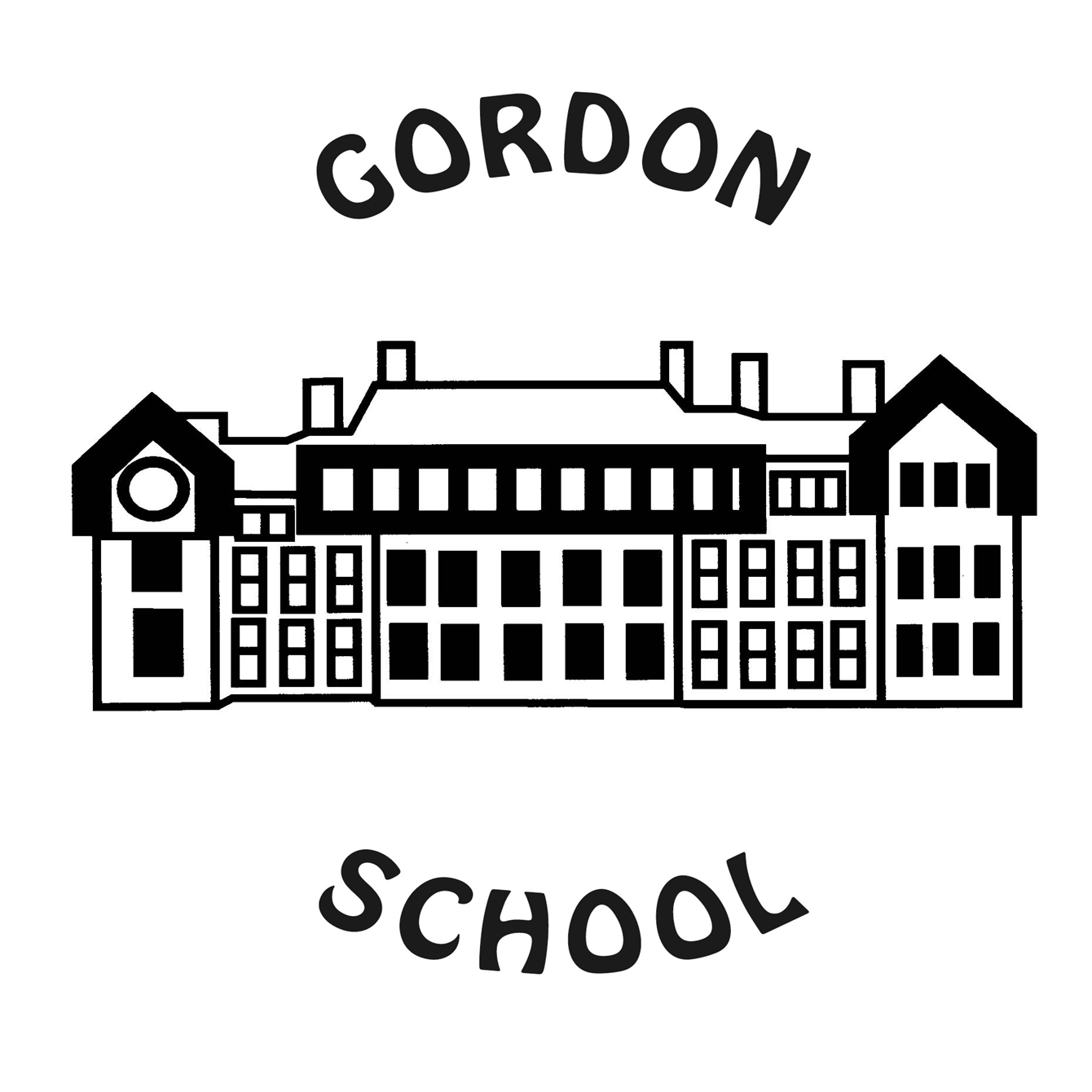Geography
What children learn in geography lessons
We want children to think and behave like a geographer. We want children to develop an investigative approach to learning so they acquire the key knowledge, skills and vocabulary to help them to make sense of the geographical world. Children learn to discuss the subject of geography in some depth. The school curriculum builds and links pupils’ geographical knowledge over time and extends from the familiar and concrete to the unfamiliar and abstract. The geography curriculum covers locational knowledge, place knowledge, human and physical geography and geographical skills and fieldwork.
Our approach to teaching geography
Children are taught how to be a good geographer using and applying disciplinary knowledge: thinking and behaving like a geographer. They are encouraged to ask and answer geographical questions through the use and creation of maps, fieldwork, the collection and use of geographical data from which to draw conclusions, and the integration of the analysis of both human and physical processes There is a strong focus on recurring geographical concepts and vocabulary to help children to retain and build on skills and knowledge, make links between past learning, and help them make sense of future learning. We make use of our local environment including the school playground, local parks, Eltham High Street and Oxleas Woods (our local Mesolithic woodland).
Children’s achievements in geography
Children express what they know, remember and can do in a range of creative ways that showcases the substantive knowledge they have gained over a unit. They will be able to articulate what a geographer does and how they behave. They will use their geographical knowledge learned from other contexts to answer geographical questions about the world they encounter. In essence, they will be curious about the world they live in. They will ask and answer questions of the nature of people, places and the environment, within a spatial context.
